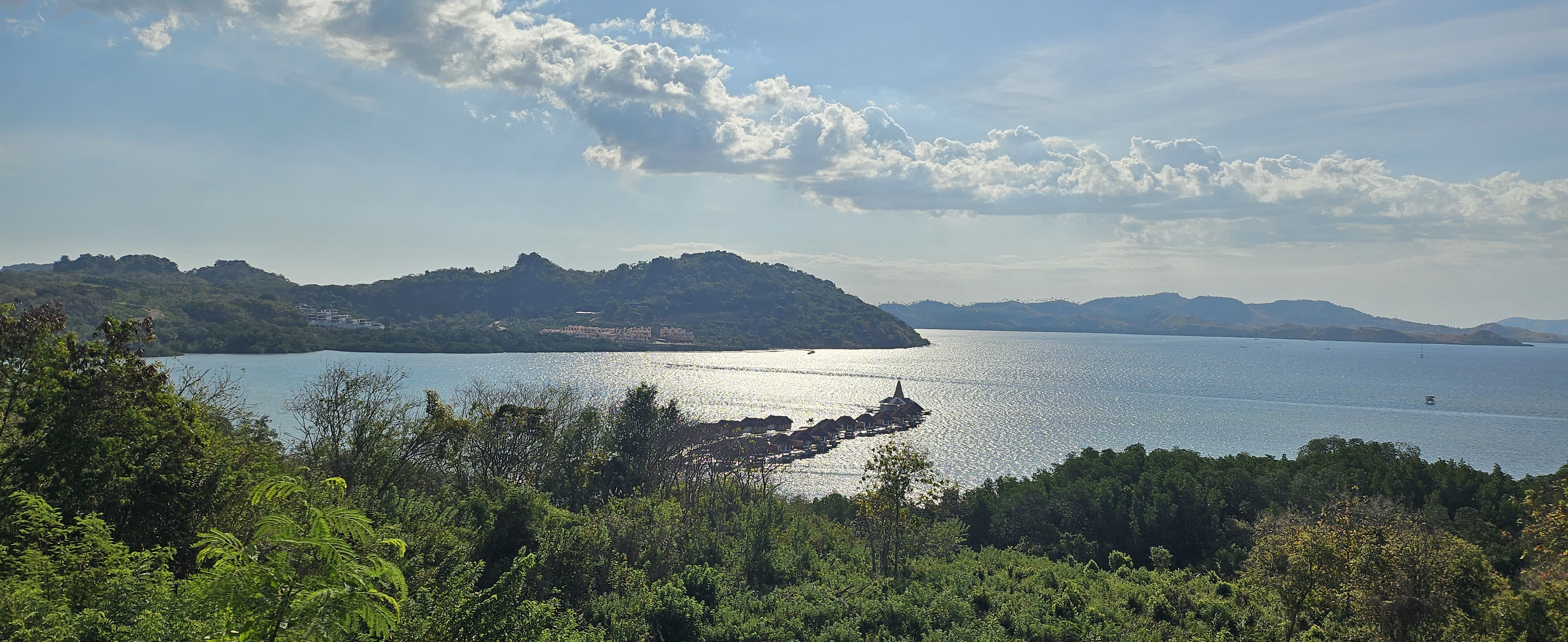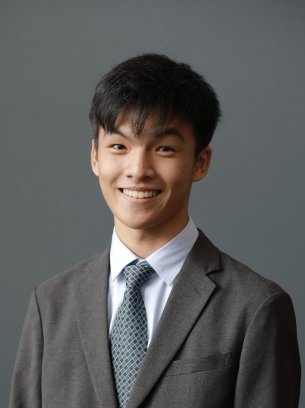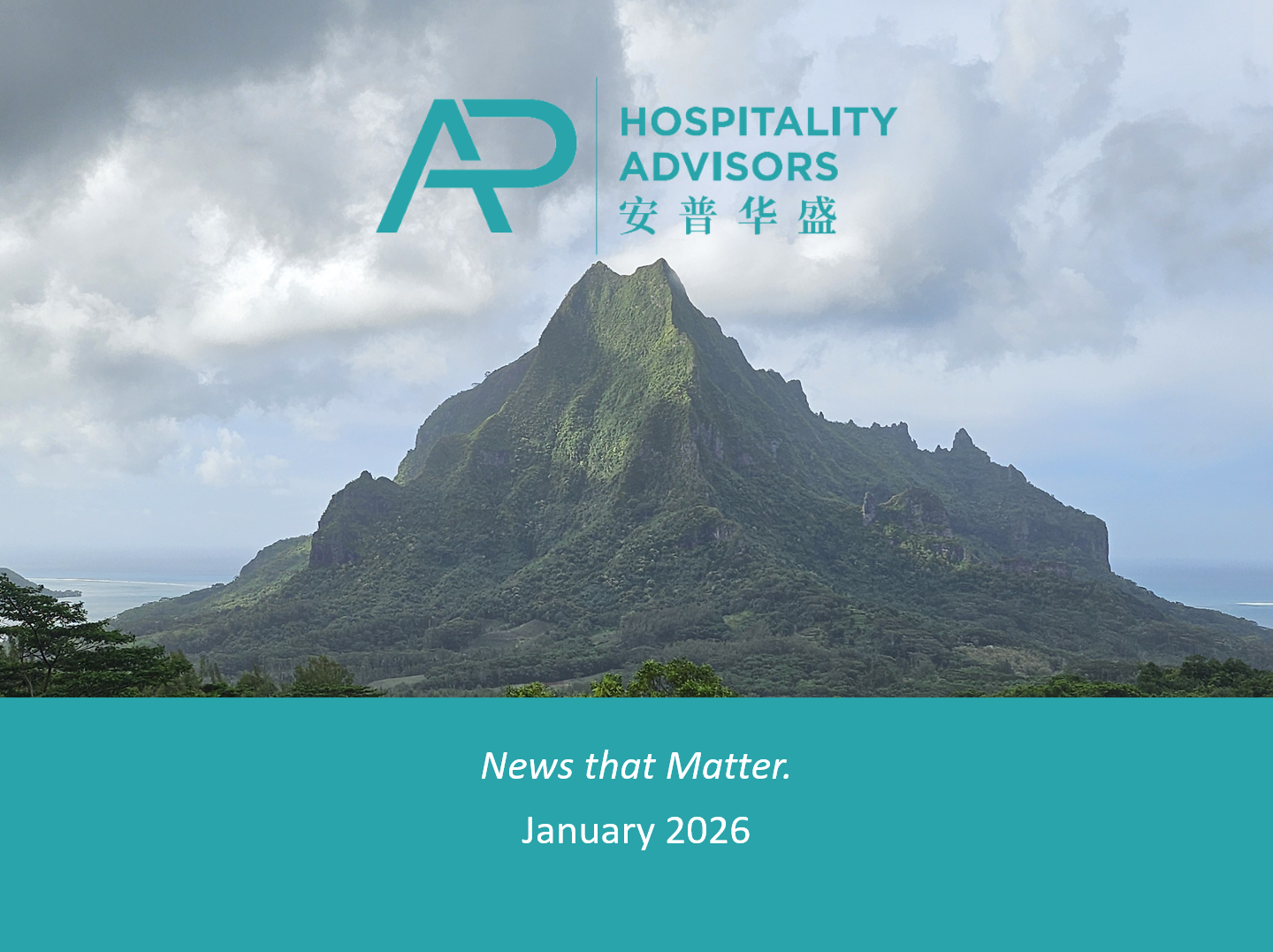AP COVID Hospitality Bulletin Asia Pacific - May 2022

AP Event: Webinar - The Hotel Operator Landscape in Asia Pacific: findings from our most recent publication

Join us on Friday, May 6 at 3:00 pm (Hong Kong/ Beijing time) for the webinar covering the hotel operator landscape in Asia Pacific presented by Dan Voellm, MRICS, CEO & Founder at AP Hospitality Advisors. This webinar presents the update of the hotel operators in Asia Pacific from AP's most recent publication - Hotel Operator Guide 2022. A Q&A is set to follow the presentation. Register the event here.
Deal Watch
- Hotel assets in Hong Kong have been attracting more attention from investors, and it is reported that several deals are under negotiation. Located in Hong Kong Island, the 214-room Grand City Hotel in Sai Wan is under negation for an HKD 950 million (USD 121 million) or the equivalent of HKD 4.4 million (USD 565,000) per key for sale; on the other side of the island, the 317-key Ramada Hong Kong Grand View in North Point also received a price offer of HKD 1.1 billion (USD 140 million) or the equivalent of HKD 3.5 million (USD 440,000) per key. According to local media, both properties are owned by Hong Kong-listed Magnificent Hotel Investments Limited and operated as government appointed quarantine facilities at this moment. The buyer is reported to be one fund manager that is actively looking into deals for conversion to serviced residences or co-living in the future.
- Property developers in mainland China continue looking for exit opportunities of their existing assets. Yunnan Metropolitan Real Estate Development announced that it would sell its 289-room Waldorf Astoria Chengdu in a official announcement, and the book value of the property is at approximately RMB 643 million (USD 98 million) according to its latest financial report.
- In Japan, Odakyu Electric Railway is considering the sale of the 746-room Hyatt Regency Tokyo with partial ownership of the neighboring office building according to local news. The deal is expected to come to 100 billion yen (USD 867 million); several funds have shown their interests after the announcement.
Transactions that matter.
1. So/ Singapore
- The 134-key So/ Singapore is being sold to Vietnam-based Viva Land by Singapore-based developer Royal Group for approximately SGD 240 million (USD 173 million) or the equivalent of SGD 1.8 million (USD 1.3 million) per key. The price per key has set a new record in the hotel market in Singapore. The hotel has over 49 years remaining in its leasehold.
- The property sits in a key location in the Central Business District (CBD) area and currently has two F&B outlets, a wedding venue and other supporting facilities. Opened in 2014 as Sofitel Singapore, the hotel was a 60-year leasehold conservation building formally known as Ogilvy Centre back in 2011, and later was rebranded as So/ Singapore by the Royal Group, who owns Sofitel Singapore Sentosa Resort, Raffles Sentosa Resort and other hospitality assets across Singapore and Malaysia.
- The sale of So/ Singapore is potentially the start for a new integrated development in the CBD area, as Viva Land acquired the adjacent office tower, Robinson Point, in 2020. After the transaction, Viva Land would own a combined 3,260 square meters (35,000 square feet) of commercial sites in the heart of the city. It is likely that Viva Land would opt for redeveloping a mixed-use project with at least 60 percent residential space under the CBD Incentive Scheme introduced by the government in 2019.
2. Fortuna Hotel, Singapore
- The 106-key Fortuna Hotel in Singapore would soon change hands at SGD 86 million (USD 62 million) or SGD 809,000 (USD 585,000) per key. The buyer, reported by local media, is an entity equally owned by JMD Holdings and an associate of TCRE Partners. The property would be sold by the Chng family who also owns Fortuna Hotel Hanoi, and the hotel was firstly put on the market for sale at SDG 99.8 million in 2020.
- The hotel was initially developed by HCA Holdings after the previous building, Hotel New World collapsed in 1986 and subsequent acquisition. The Chng family took over the hotel in 1993 and completed an extension of the hotel in 2010. The hotel currently has one F&B outlet, some retail space on the ground floor, and a carpark at the basement.
- The hotel could potentially undergo redevelopment in the future and is expected to benefit from active development projects in the neighboring areas. However, the site is zoned for hotel use under the government’s Master Plan in 2019, and it is likely to have either an upgrade on its current building or a demolition for a new hotel building.
3. Maafushivaru Resort, Maldives
- Hawaii-based Outrigger Hospitality Group announced its acquisition of the newly renovated Maafushivaru Resort on a private island in South Ari Atoll region, Maldives. The resort is a 25-min seaplane flight from Malé, capital of the country, and compromised of 81 luxury villas and seven F&B outlets.
- The newly acquired resort would be the sixth properties under Outrigger Hospitality Group's portfolio in Asia Pacific after its resorts in Thailand and Fiji. Prior to the deal, the resort was operated under the branding of LTI Hotels, and it was developed by Paradise Resorts Development and Management Private Limited. The resort closed temporarily due to the COVID-19 pandemic, and it was reopened in July 2020 after major renovations.

COVID news that matter.
Malaysia
- Malaysia reopened its international border to all travelers on 1 April, and travelers are welcome without mandatory quarantine. The government further announced that vaccinated travelers would not require a COVID-19 test result and related insurance coverage to enter the country starting from 1 May. The relaxed measures are expected to attract foreign visitors from neighboring countries particularly, and life in Malaysia is returning to pre-pandemic with the optional outdoor mask order and reopening of nightclubs in mid-May.
- Tourism Malaysia unveiled its strategic and marketing plan for 2022 to 2026, and it is targeted to attract 2 million tourist arrivals with a contribution of RM 8.6 billion this year. The country also recognized the importance of the domestic tourism where the authorities would continue the development for sustainable growth. Before the reopening in April, Malaysia has been testing a Domestic Travel Bubble where Langkawi firstly opened its doors to domestic travelers in mid-September of 2021. The pilot was successful attracting over 720,000 domestic tourists contributing no less than revenues of RM 750 million (USD 172 million) in just three months.
New Zealand
- As the step of the reopening plan, New Zealand is welcoming international travelers from visa-waiver countries/ territories or holders of a valid visitor visa starting 2 May. The country already opened its doors to Australian citizen or permanent visa holders before the Easter break, and it is expected that the country would reopen and resume normal visa processing in October.
- The tourism industry in New Zealand is going to take a few years to recover, and the government is planning to transform its tourism from “high volume” to “high value” in the coming years. The new vision would come with the legislative and regulatory frameworks towards more sustainable tourism in the country, including greater respect for the environment and communities.
South Korea
- South Korea has lifted its quarantine requirements for vaccinated visitors starting 1 April, and social distancing measures are gradually removed in the country. The government also slowly loosened the flight bans which limit the number of flights arriving at Incheon Airport and announced the expansion of the numbers of international flights in May; the target is to resume overseas flights to at least 50% of the 2019 level by the end of 2022.
- The relaxed quarantine measures also apply to the travelers returning to Korea, and it has effectively boosted the outbound travel in Korea. The surging flight demands of Korean travelers are observed at destinations in Europe, Southeast Asia, and Pacific Ocean. For example, Hawaii was the first reviving destination since the flight ban in March 2020, and the first flight to Hawaii recorded a seat occupancy of 80%.
Reopening status in Asia Pacific.
Most countries in Southeast Asia reopened their borders, and the flights between cities are resuming gradually. However, destinations in Greater China still require quarantine for all visitors regardless the vaccination status, and Japan is the only country that does not release a clear reopening plan of leisure visitors and quarantine-free travel in the region outside Greater China.









